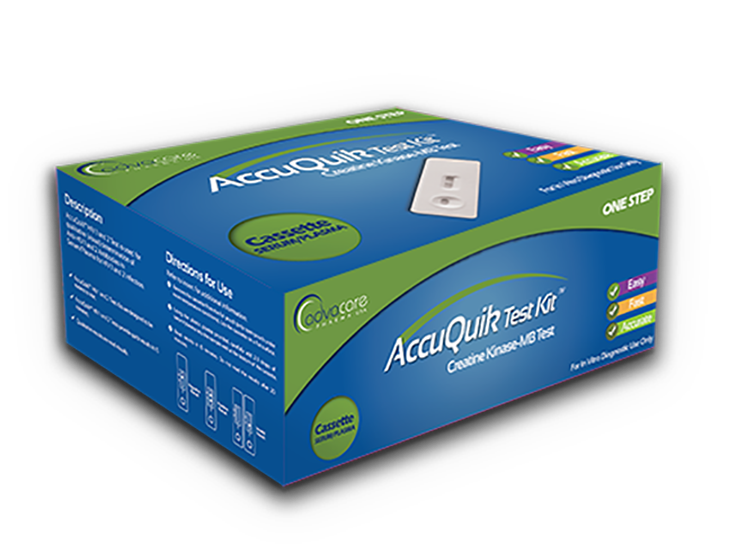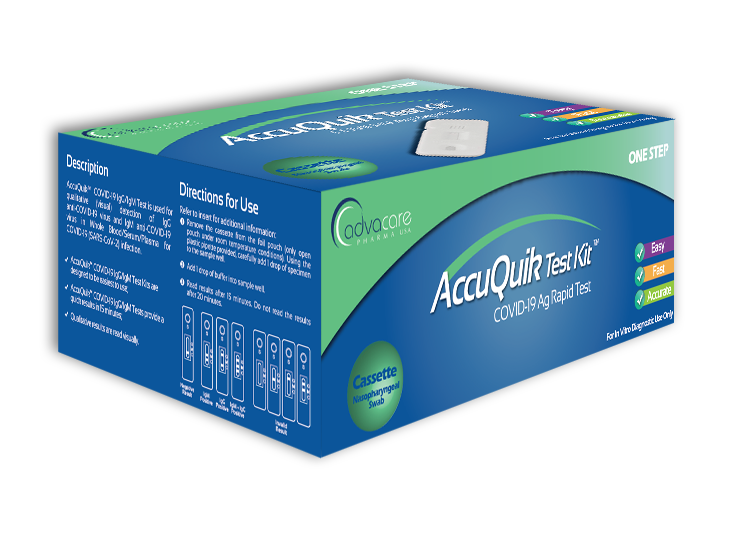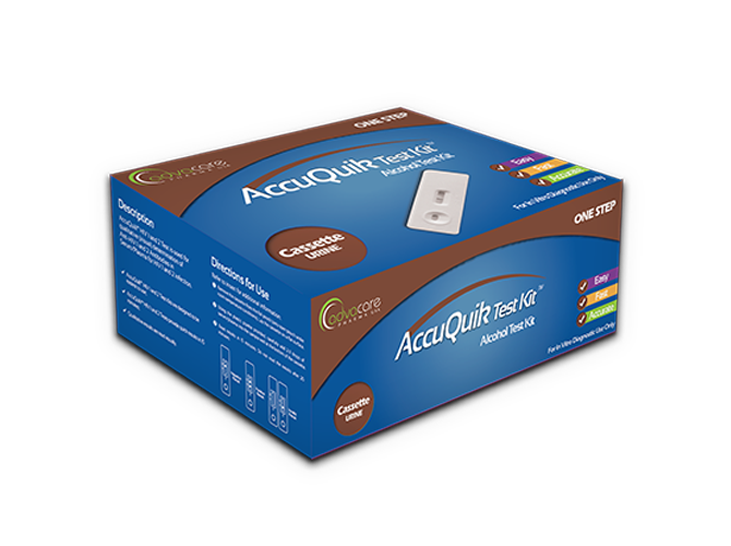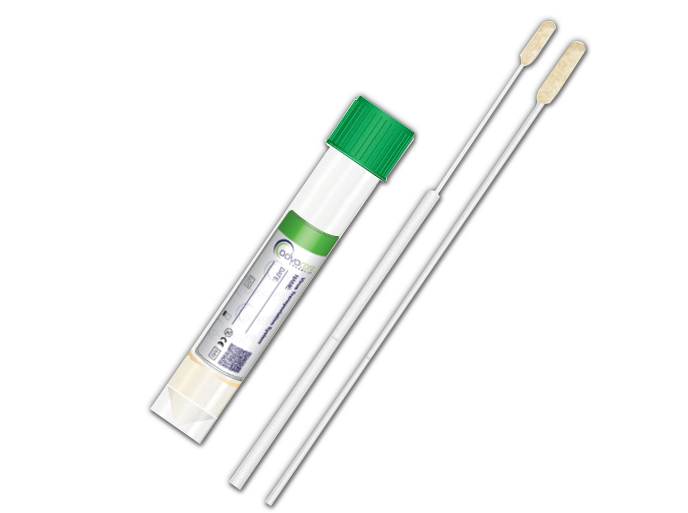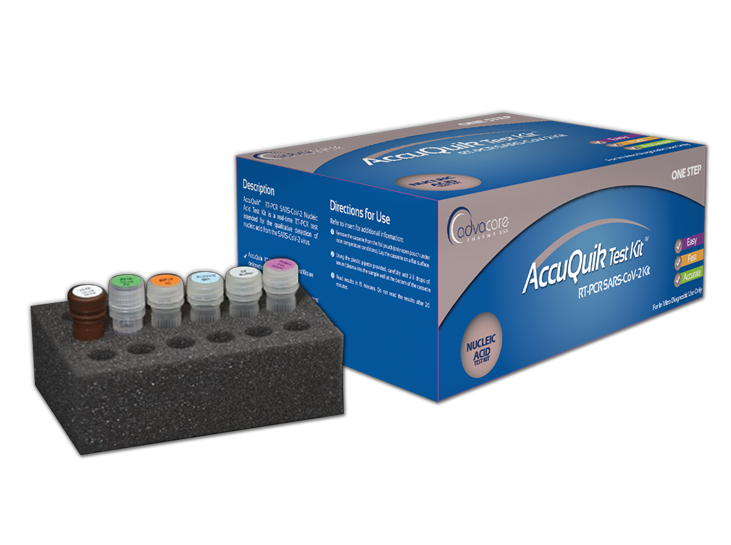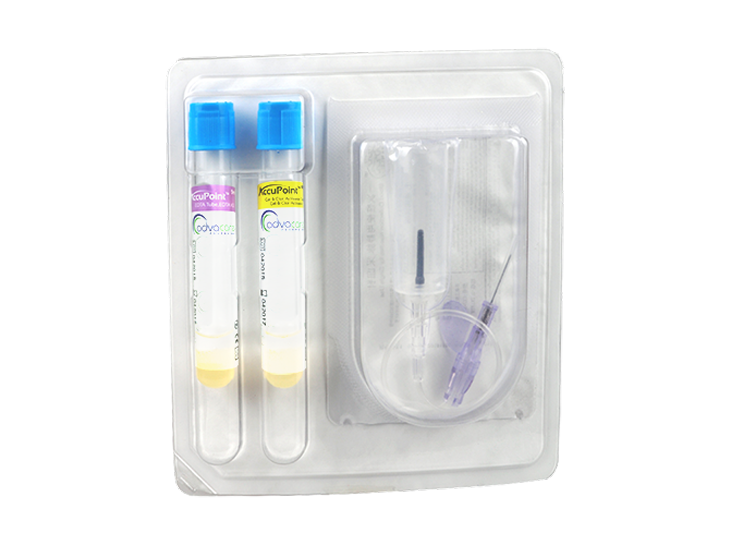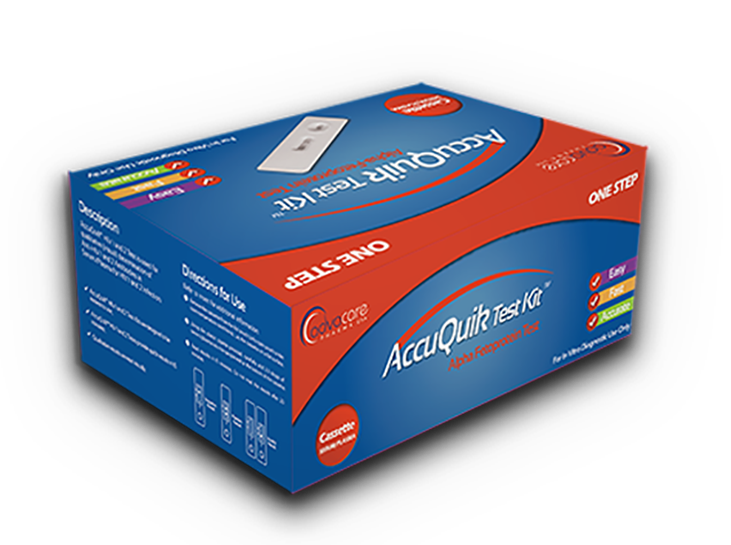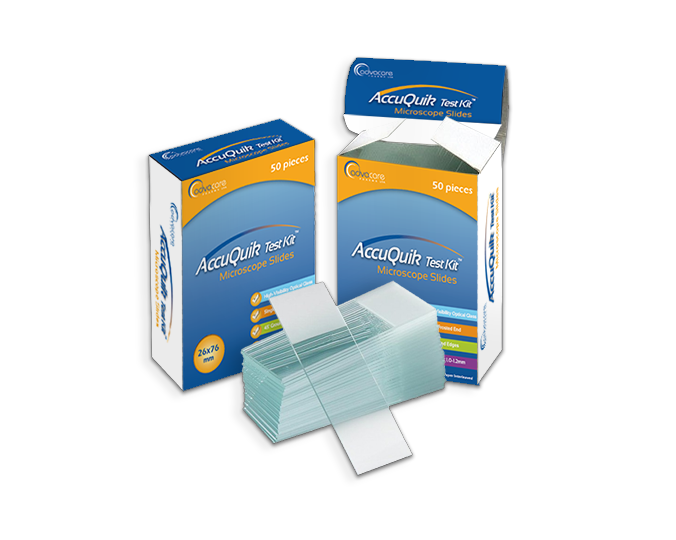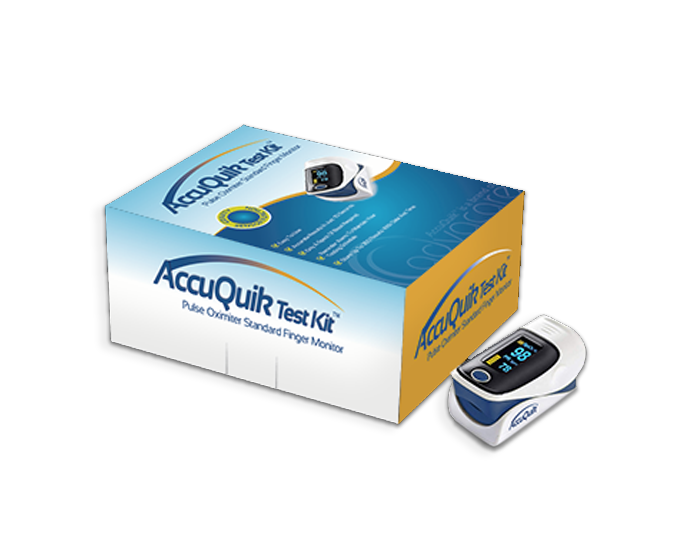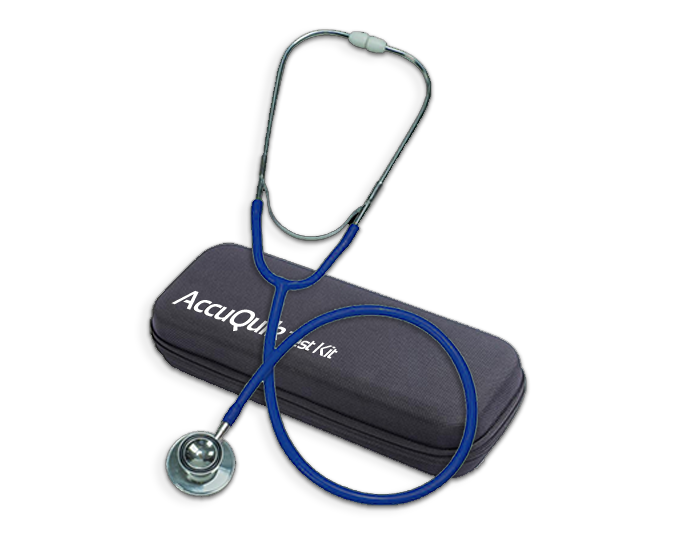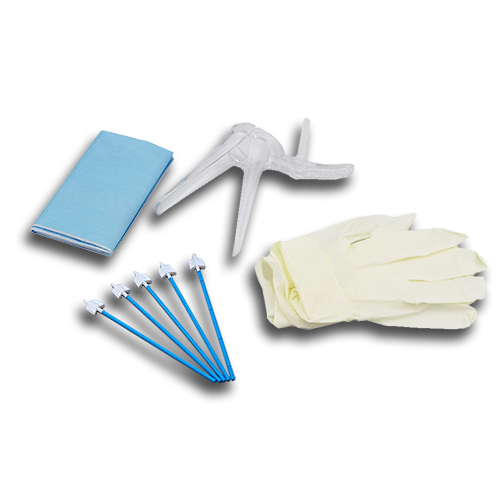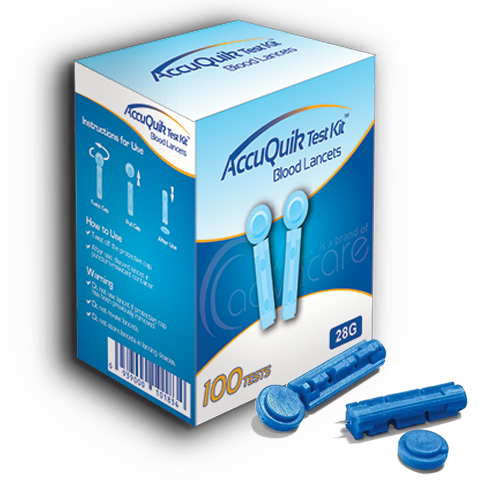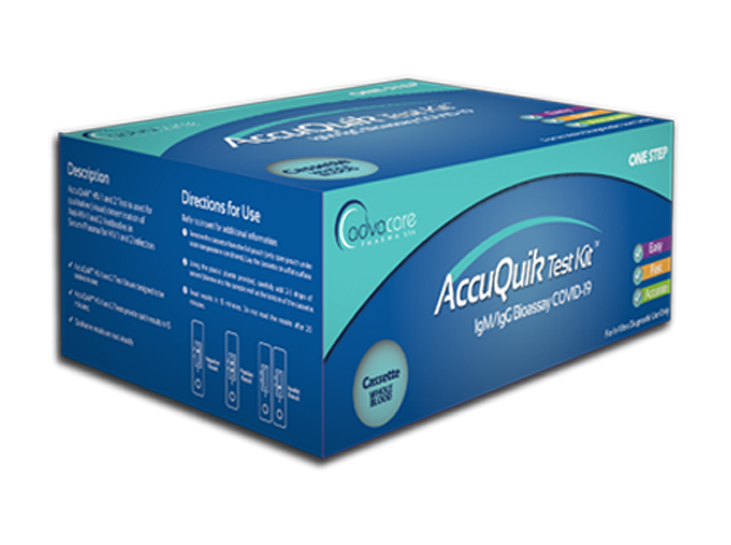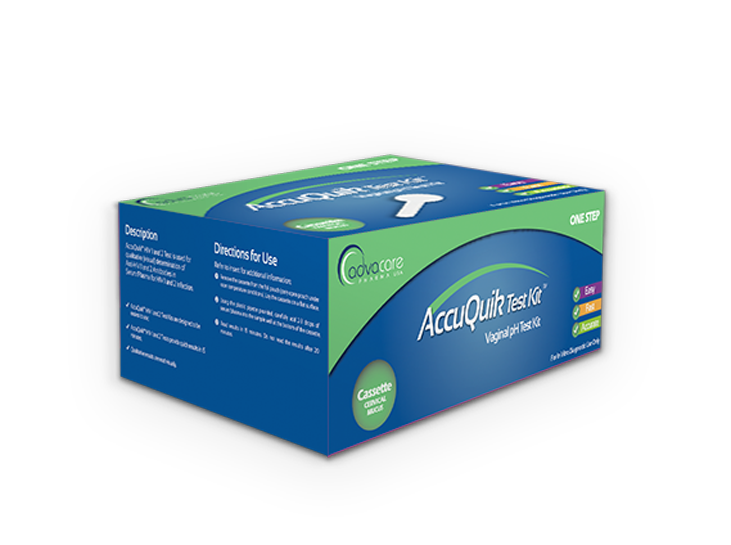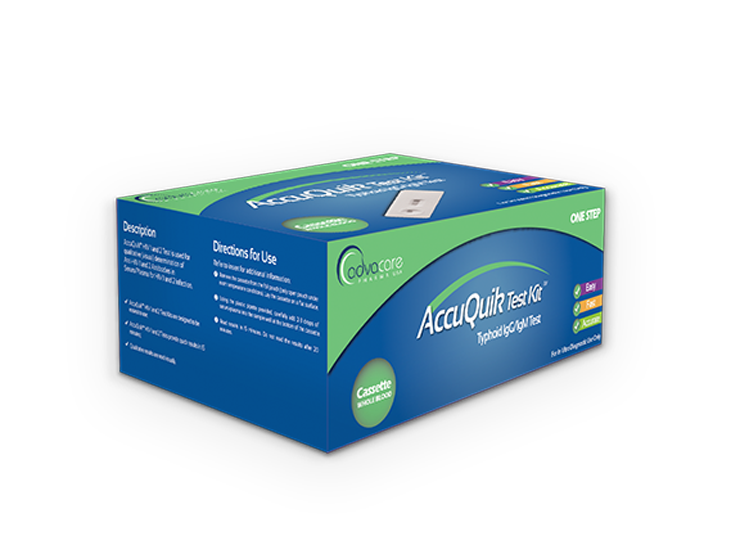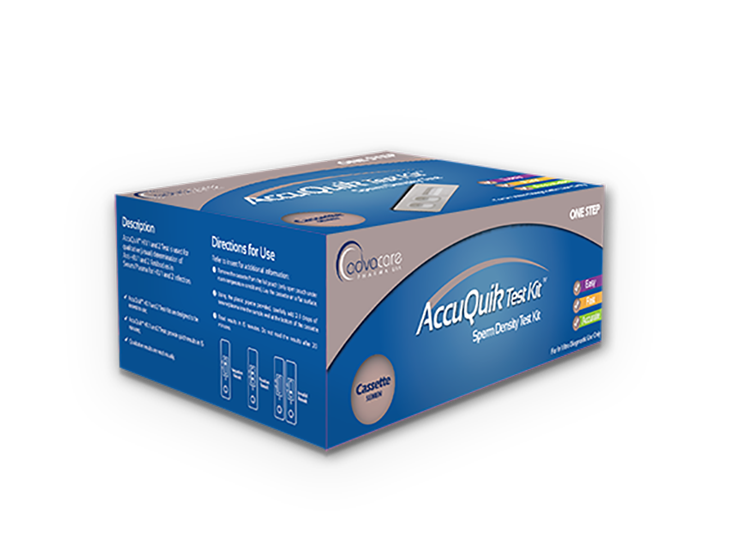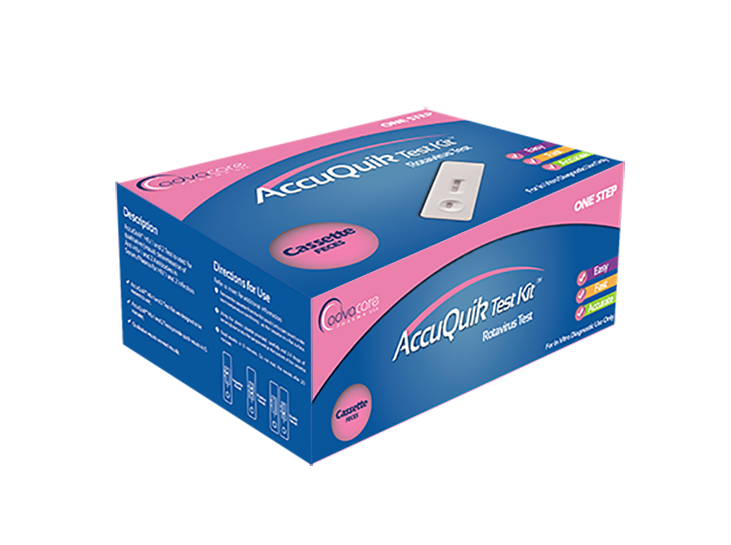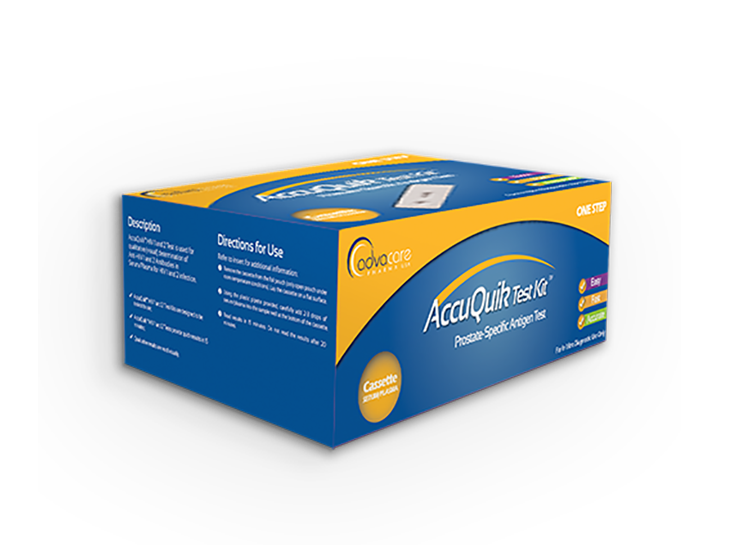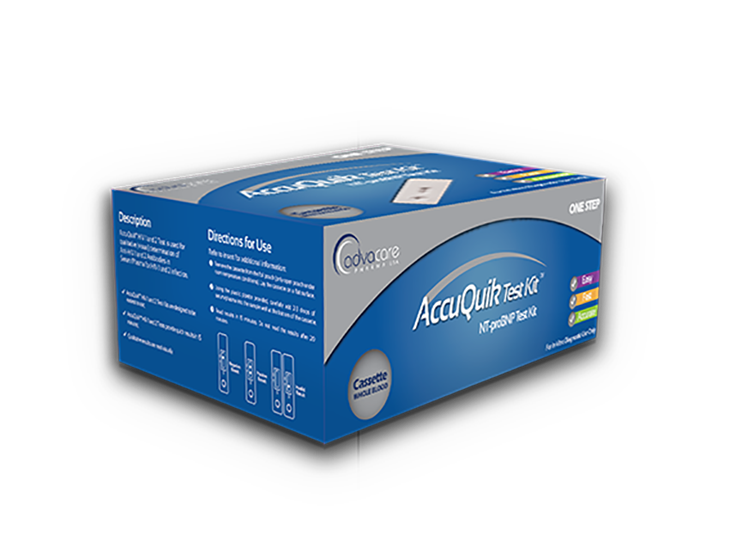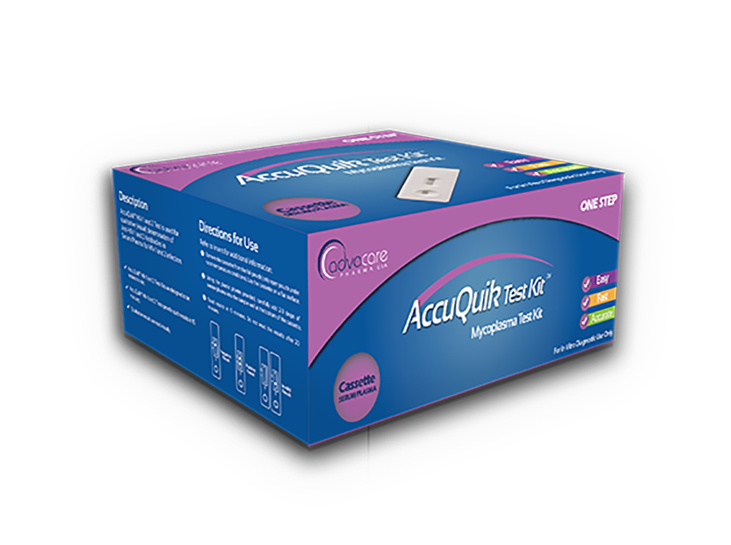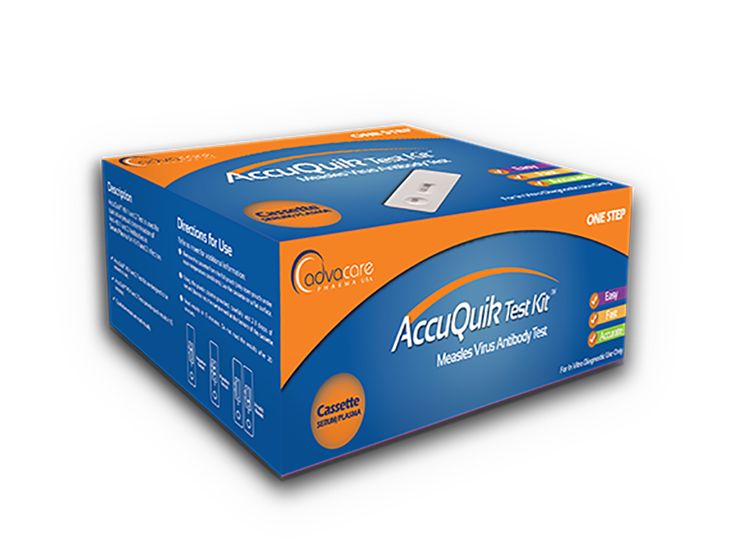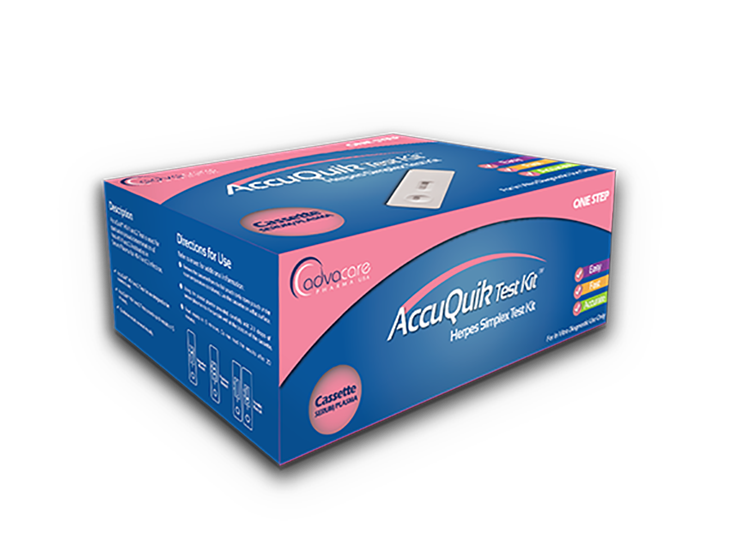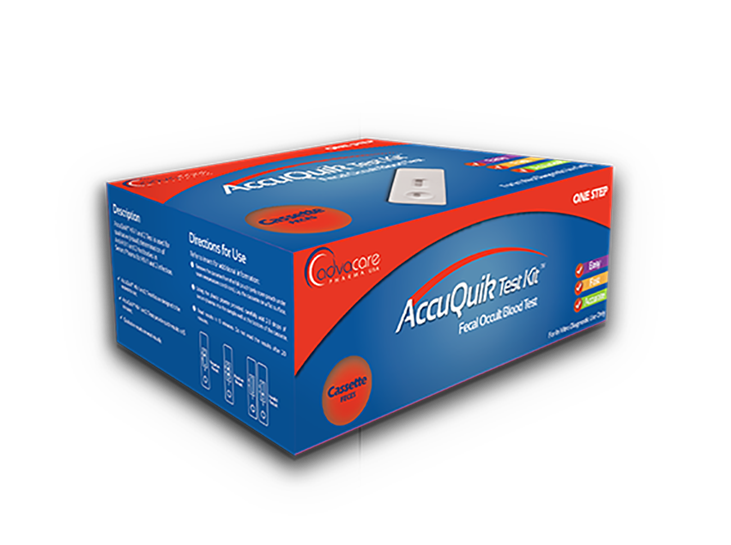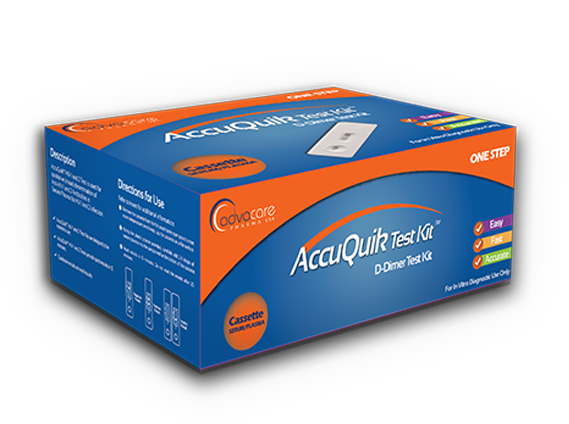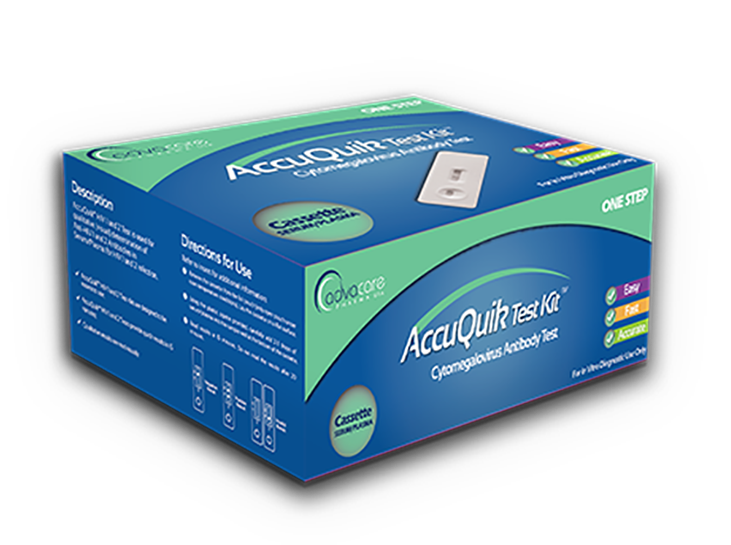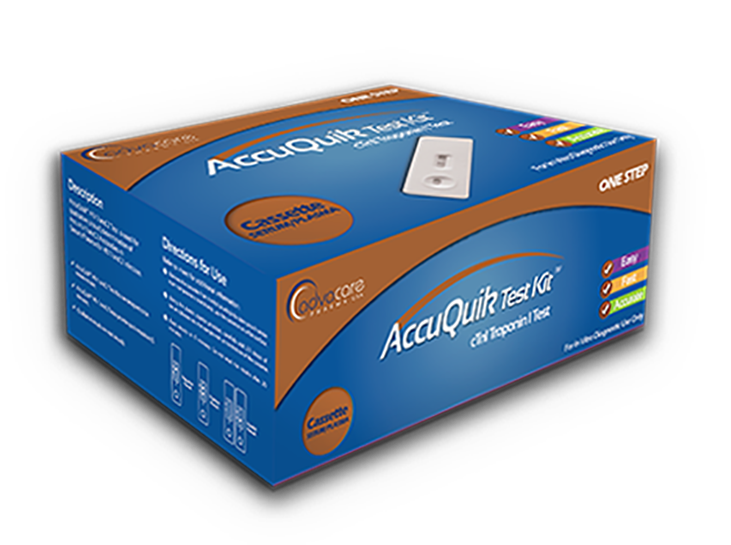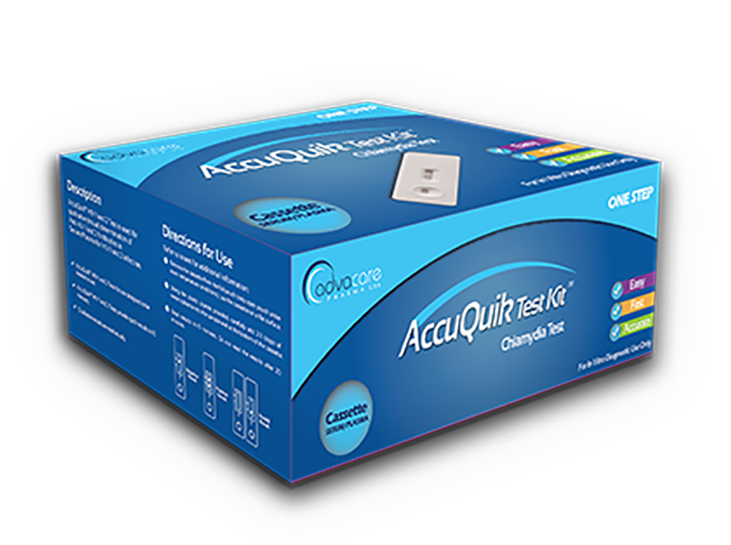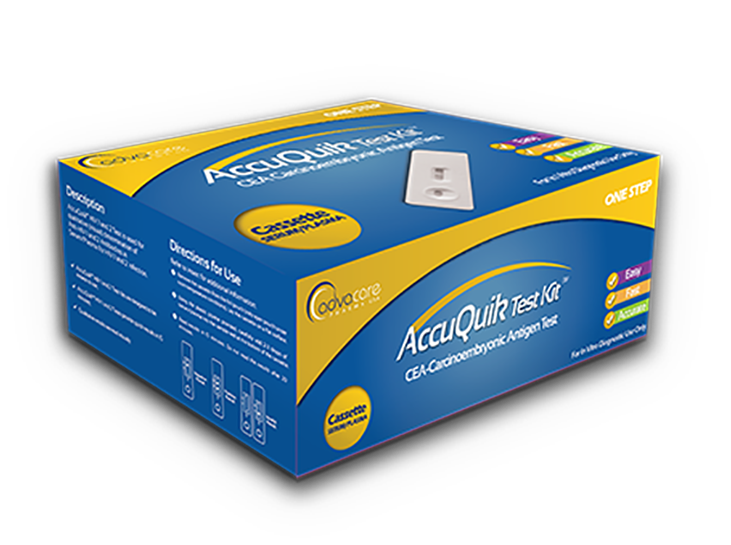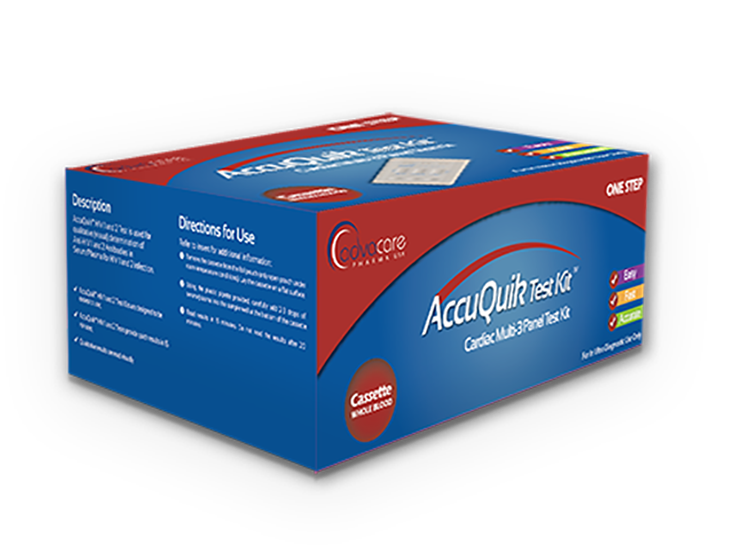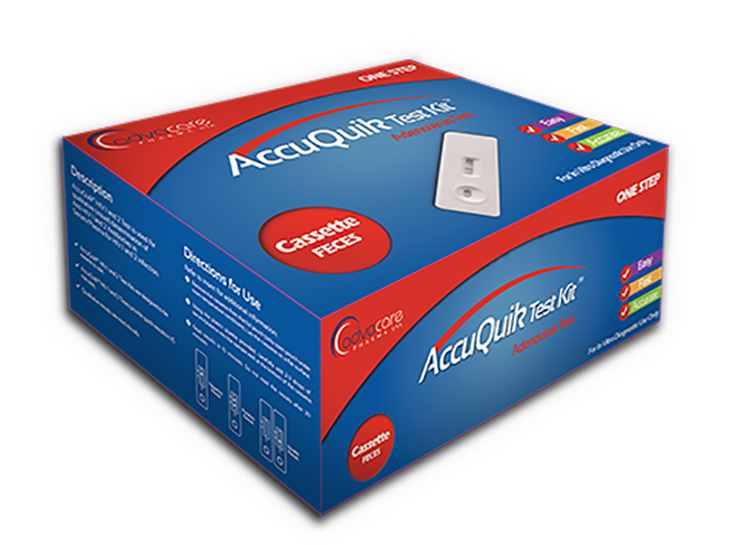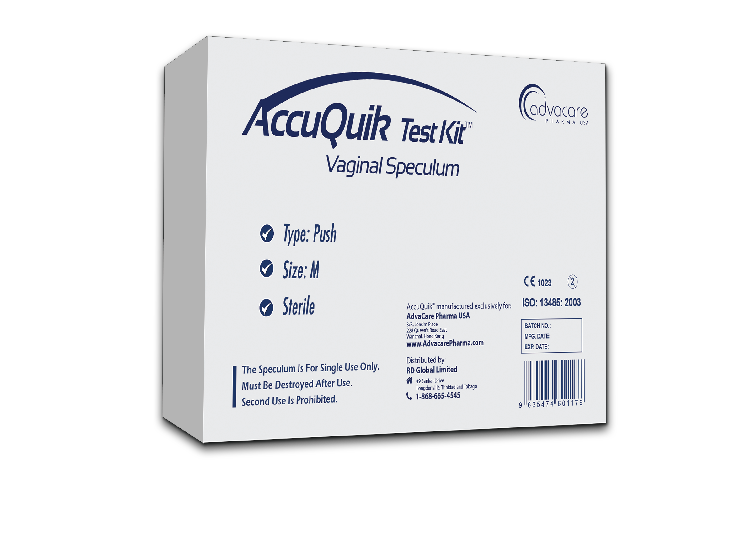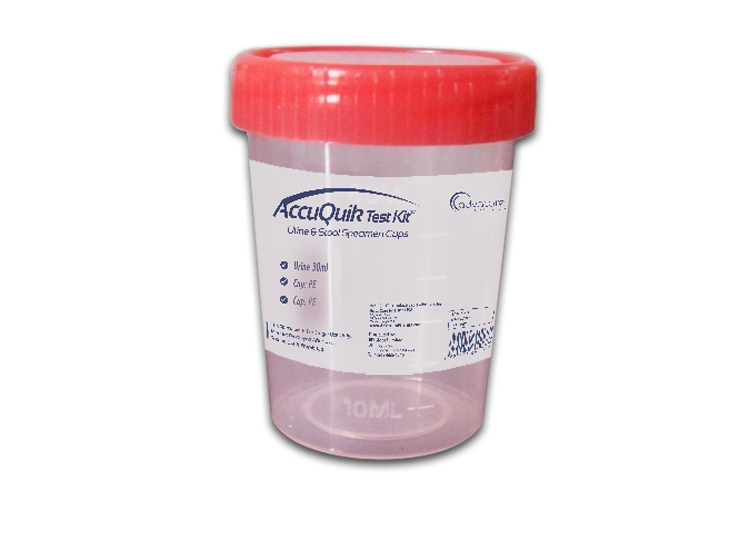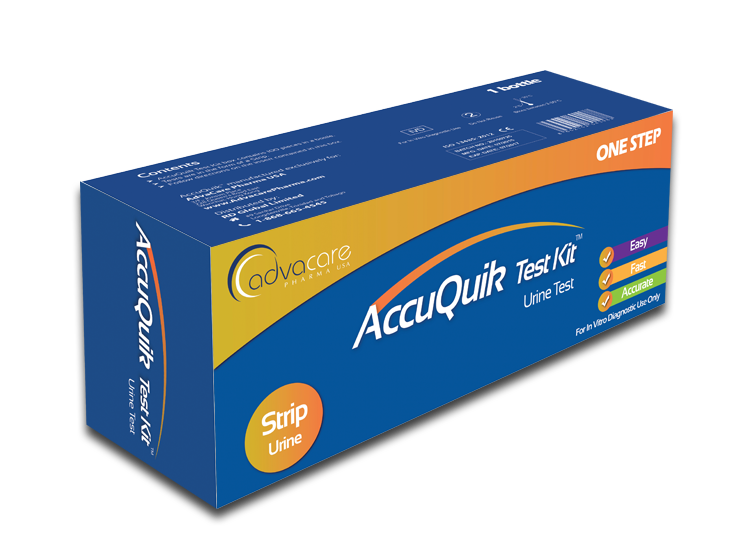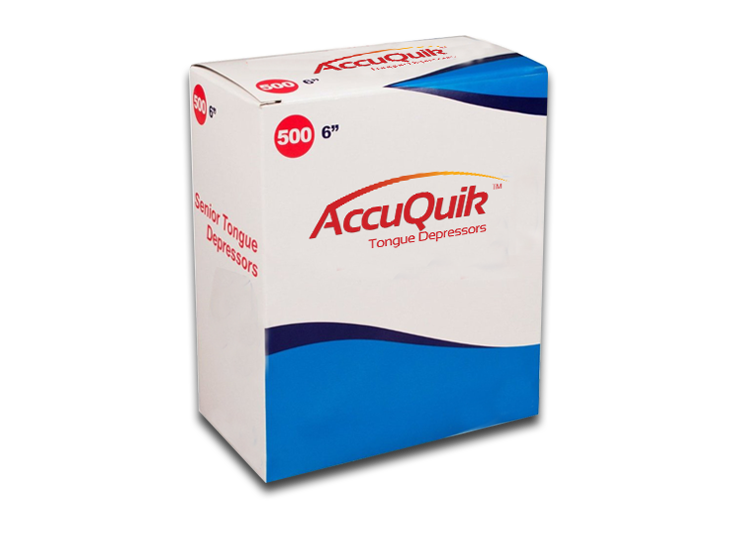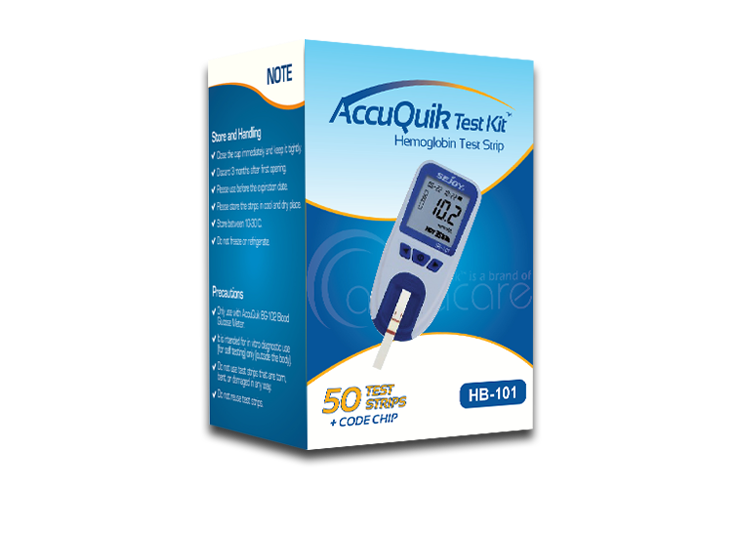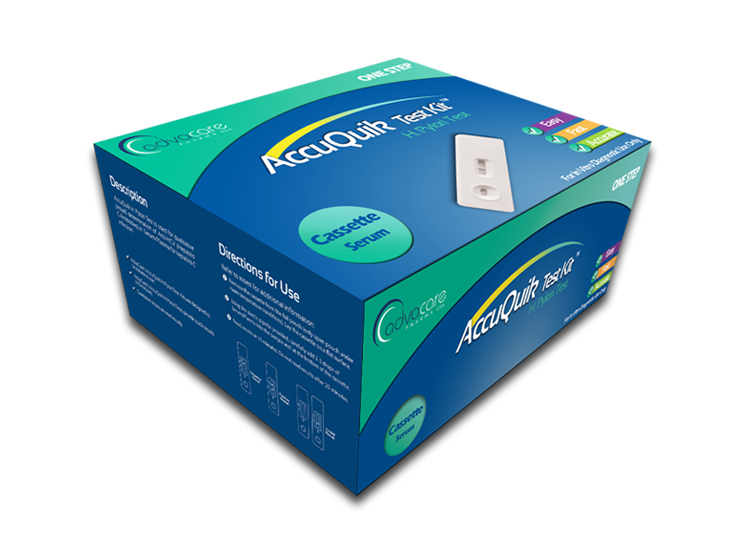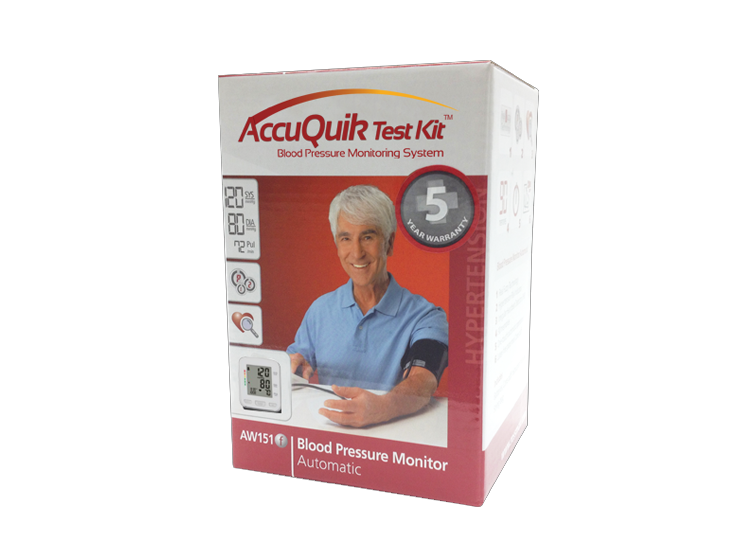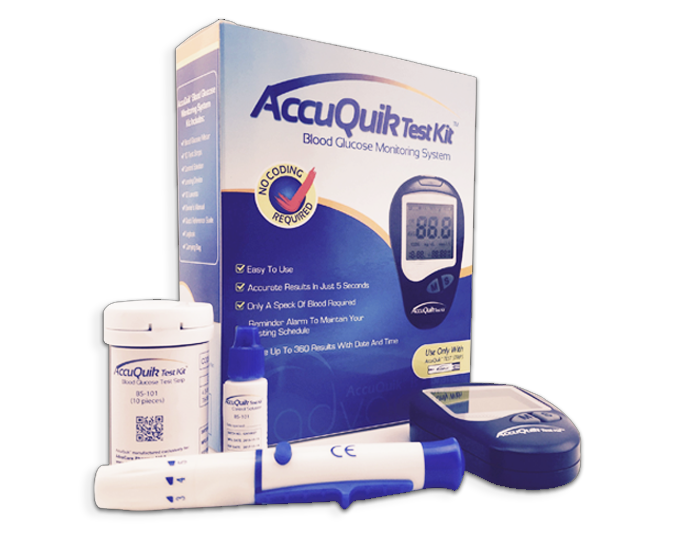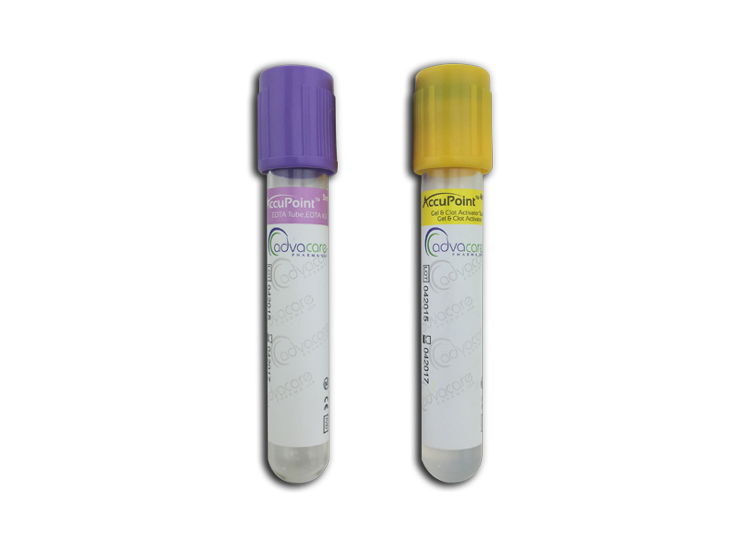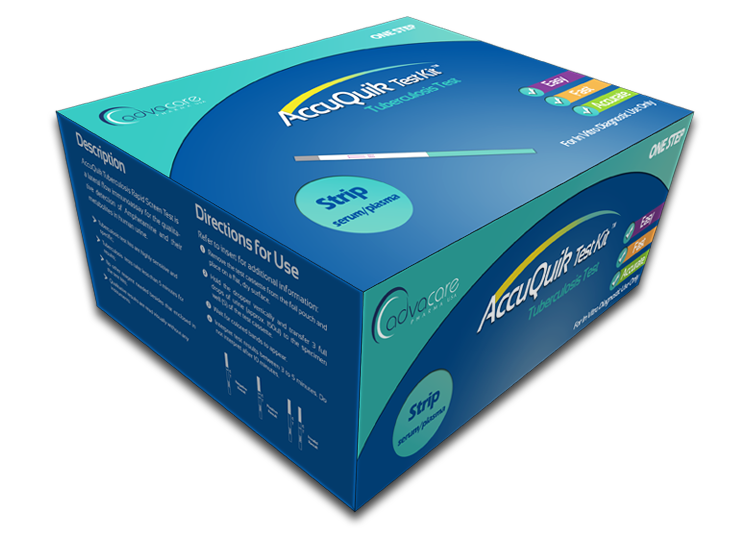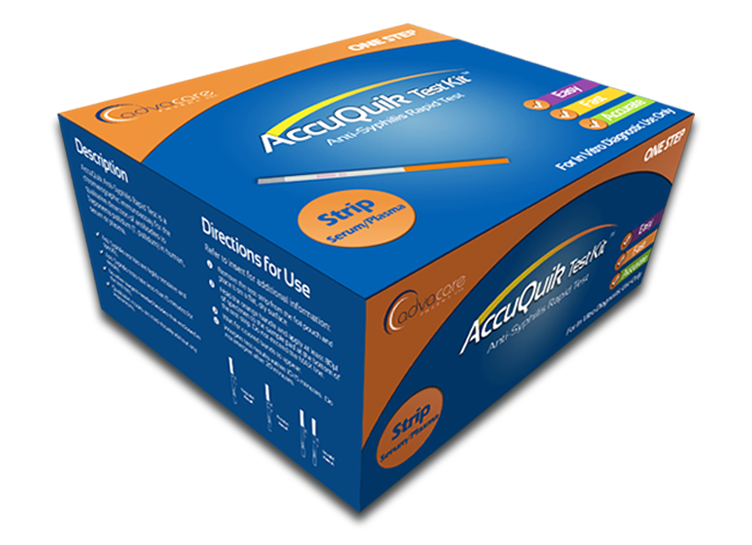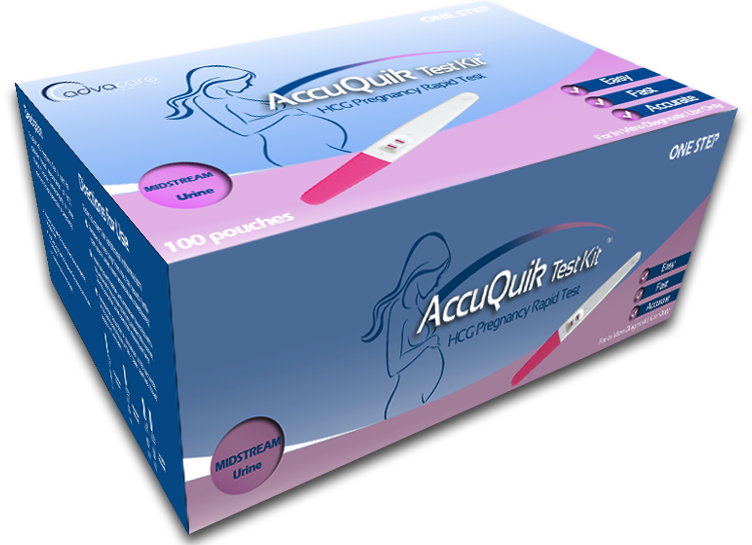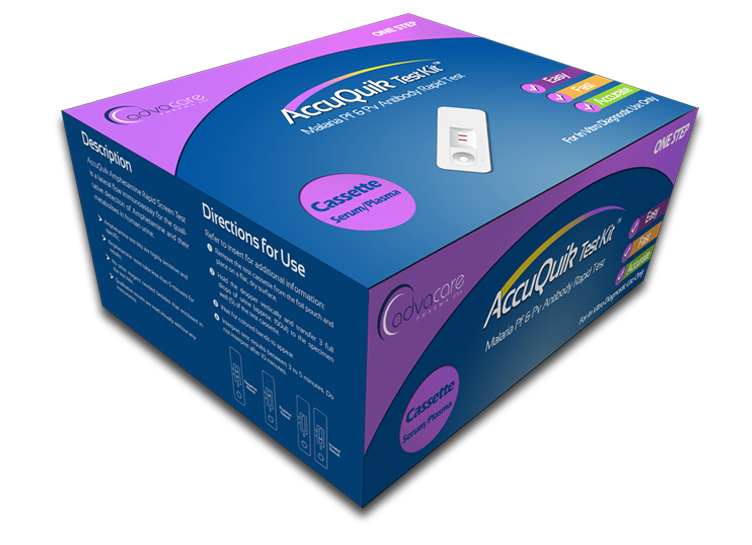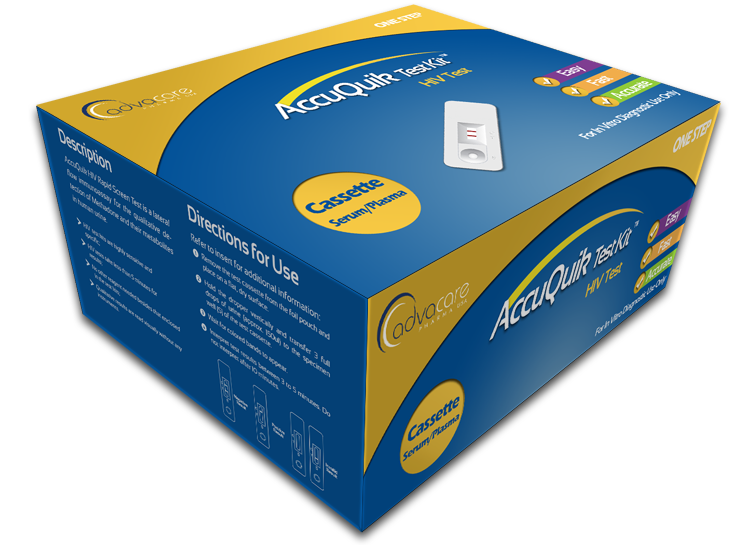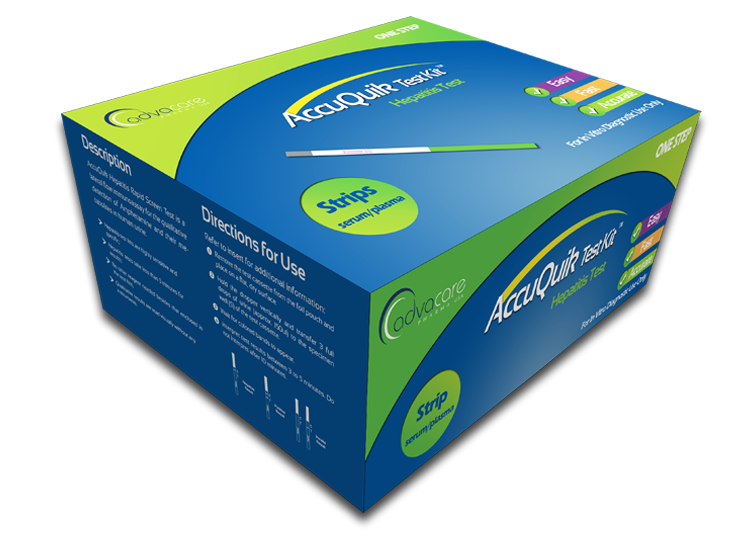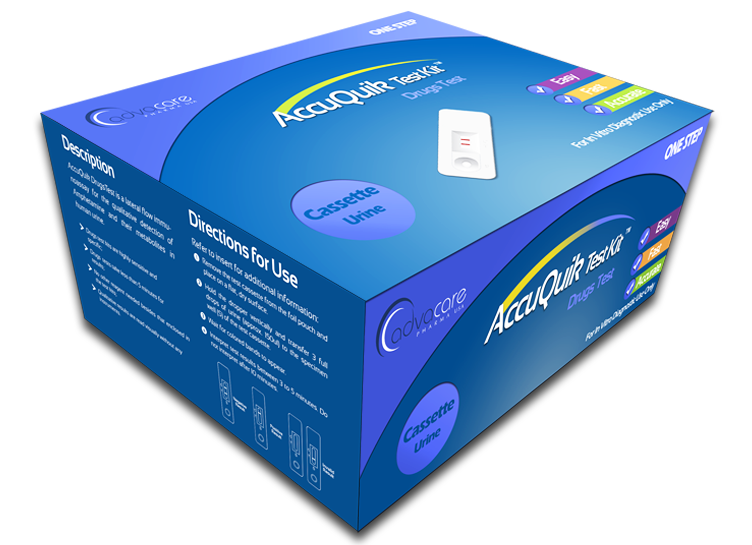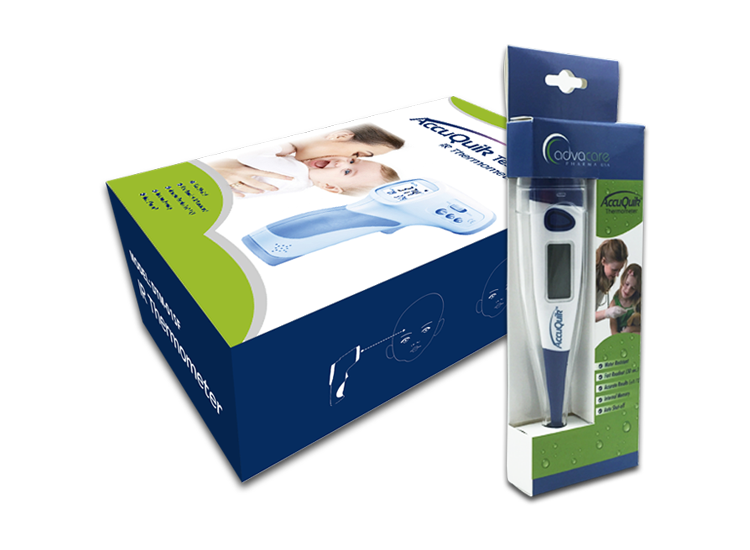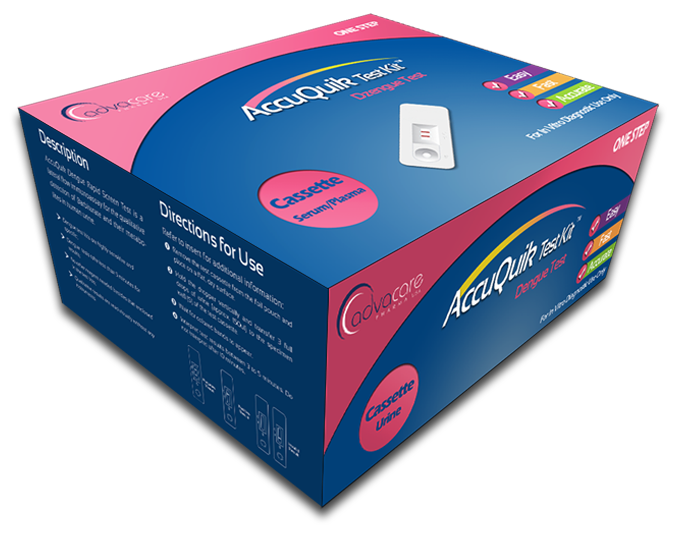More Information about the Creatine Kinase-MB Test Kit
AccuQuik™ promotes the use of Creatine Kinase-MB Test Kit.
Creatine Kinase-MB
Available as cassette
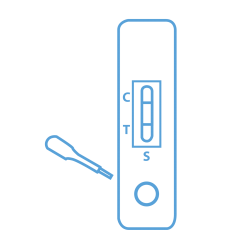
Creatine Kinase-MB Test Kit diagnostic test detects the level of Creatine Kinase in the blood, serum, and plasma. Measurement of Creatine Kinase is suitable when a patient is suffering from chest pain or when a patient’s diagnosis in unclear. Creatine Kinase MB Test Kit can provide information in distinguishing a skeletal muscle to a heart muscle damage. It is used mostly used after a heart attack occurred to detect a second heart attack or monitor the heart of any damage. The Creatine Kinase-MB is an enzyme found in heart muscles; injured heart muscle cells release Creatine Kinase-MB during a heart attack. The test kit shows a quantitative result wherein the CK-MB ratio to total CK is more than 2.5-3 indicates a heart damage, and value below 2.5 indicates damage in the skeletal muscles. AccuQuik™ promotes the use of Creatine Kinase-MB Test Kit.
The Disease
Creatine Kinase
Creatine Kinase is a type of enzyme that can be found mostly in skeletal muscle, cardiac muscle (myocardium) and the brain. When a region of the body is deprived of adequate oxygen supply (hypoxia) or other injuries occur, cell membranes are disrupted and result to a release of CK enzyme from the cellular cytosol to the systemic circulation. Thus, the increase in CK level has been used as a test for myocardial infarctions. The Creatine Kinase-MB in particular are more concentrated in the myocardium, but also exists in skeletal muscles. This test can be used to determine whether an increase in creatine kinase level is caused by either skeletal or heart muscle damage.
Treatments
In the occurrences of a heart attack, an immediate treatment must be carried out to minimize heart damage and address blockages. Treatments can include the use of both drugs and surgical procedures. Control of blood pressure by reducing hypertension is important to decrease the risk of recurrence. Lifestyle changes are usually recommended, but prescription of medications is often used. Generally, drugs that help with the heart to increase and synchronize contractions, as well as antiarrhythmics, are prescribed. Other medications might include beta blockers, ACE inhibitors, anticoagulants, antiplatelet, and drugs that help dissolve blood clots. Medical procedures such as angioplasty or coronary artery bypass grafting might also be recommended for the patients.

